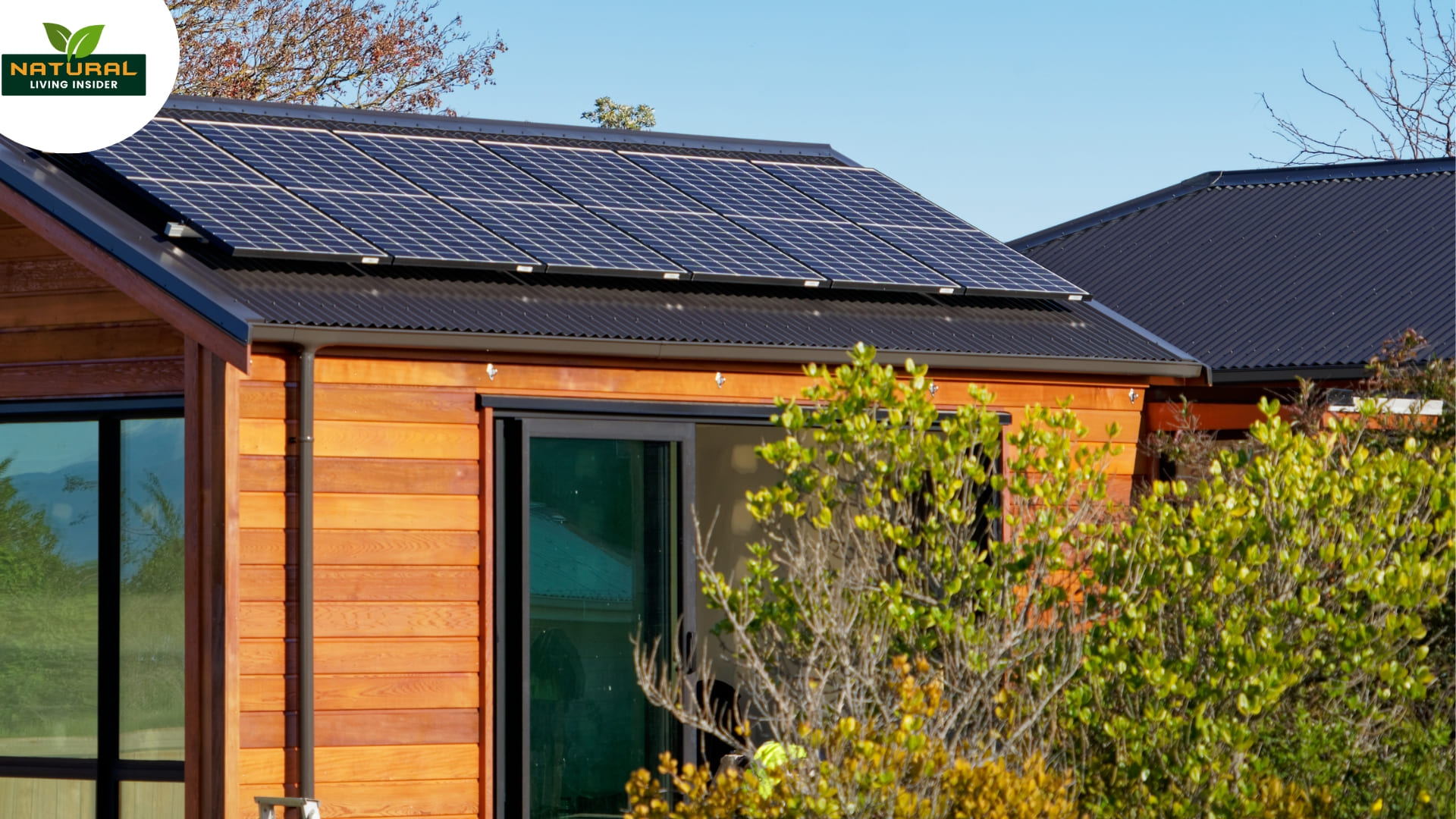
Embarking on an off-grid lifestyle is a bold and rewarding choice. For those new to the concept, living off the grid means disconnecting from public utilities and embracing a more self-reliant, sustainable way of life. Whether you’re drawn to the idea for environmental reasons, personal freedom, or financial savings, this beginner’s guide will provide essential off-grid living tips to help you start your journey toward self-sufficiency tips.
Table of Contents
What Is Off-Grid Living?
Off-grid living involves generating your own power, sourcing water independently, and often growing your own food. It's a lifestyle that promotes sustainability, reduces reliance on external systems, and aligns with natural rhythms.
Benefits of a Sustainable Off-Grid Lifestyle
- Environmental Impact: Reduce carbon footprint with renewable energy sources like solar panels or wind turbines.
- Financial Independence: Save on utility bills by creating your own energy and water supply.
- Peace of Mind: Gain a sense of security by living independently of fluctuating utility systems.
- Closer to Nature: Enjoy the health and mental benefits of living in harmony with the environment.
Beginner Off-Grid Living Essentials
1. Power Solutions
Choose the right renewable energy source for your location:
- Solar Panels: Perfect for areas with abundant sunlight.
- Wind Turbines: Ideal for windy regions.
- Hydropower Systems: Effective if you have access to flowing water.
2. Water Supply
Reliable water is vital. Consider these methods:
- Rainwater Harvesting: Collect and store rainwater for everyday use.
- Wells: Install a deep well for consistent access to groundwater.
- Filtration Systems: Ensure water safety with purification systems.
3. Shelter and Heating
- Tiny Homes: Small, efficient homes are easier to maintain off-grid.
- Insulation: Proper insulation minimizes energy needs for heating and cooling.
- Wood Stoves: Use locally sourced firewood for sustainable heating.
4. Food Production
Grow and preserve your own food to become more self-sufficient:
- Gardening: Start a vegetable garden or plant fruit trees.
- Livestock: Raise chickens for eggs or goats for milk.
- Preservation Techniques: Learn to can, dry, or ferment food for long-term storage.
5. Waste Management
- Composting Toilets: Eco-friendly waste management for off-grid homes.
- Recycling and Reusing: Reduce waste by repurposing materials whenever possible.
Practical Self-Sufficiency Tips for Beginners
- Start Small: Begin with one aspect of off-grid living, such as gardening or installing a solar panel.
- Plan Ahead: Research local regulations and prepare for unexpected challenges.
- Build Skills: Learn basic carpentry, plumbing, and other handy skills to reduce dependence on external services.
- Connect with Communities: Join forums or local groups for advice and support from experienced off-grid enthusiasts.
Challenges of Off-Grid Living
While the lifestyle offers many rewards, it's not without difficulties:
- Initial Costs: Setting up renewable energy and water systems can be expensive upfront.
- Learning Curve: Becoming self-sufficient takes time and effort.
- Isolation: Off-grid living may feel lonely for some, especially in remote areas.
Beginner off-grid living offers a transformative journey toward independence, sustainability, and a deeper connection to nature. With proper planning and dedication, you can create a fulfilling and resilient sustainable off-grid lifestyle. Start small, embrace challenges as opportunities to grow, and celebrate each step toward self-sufficiency.





